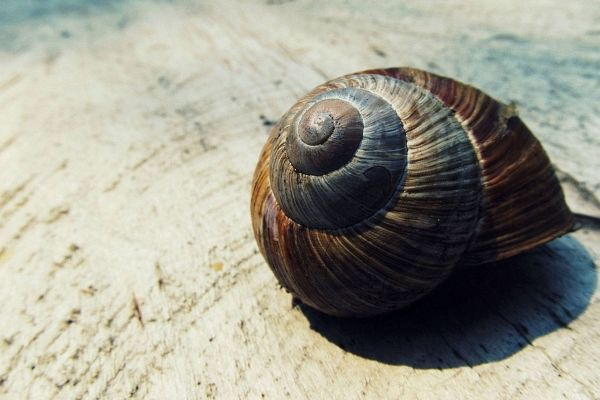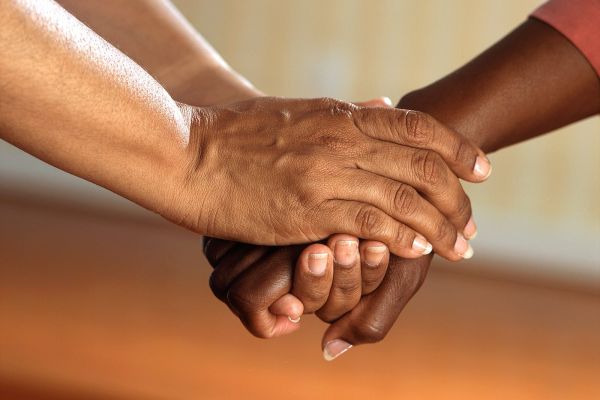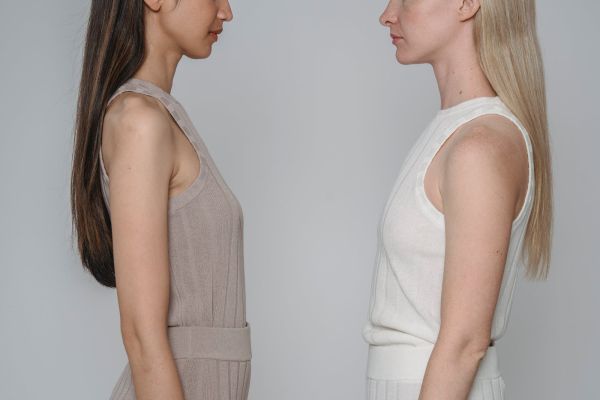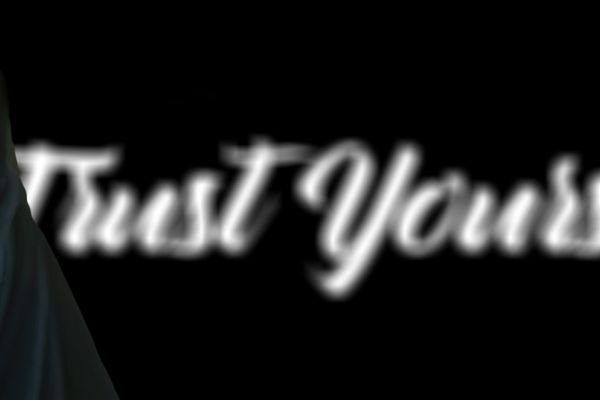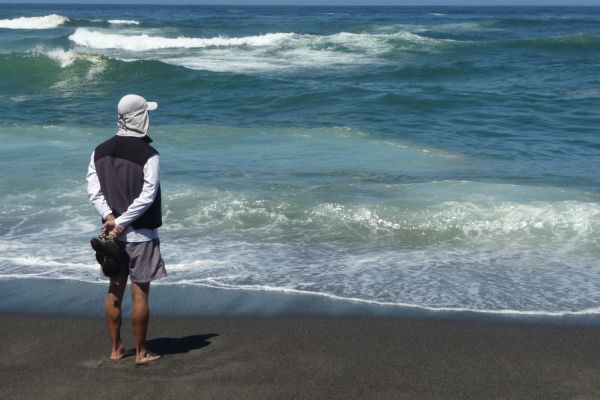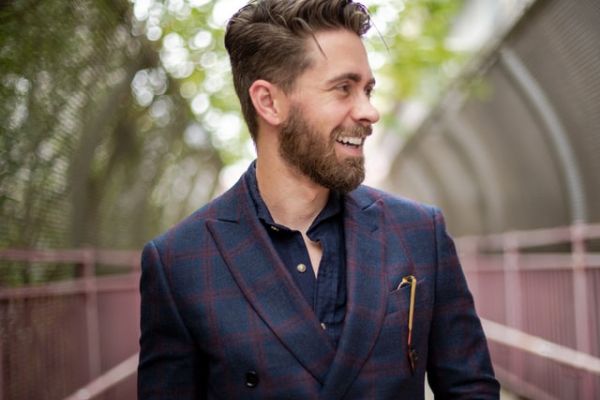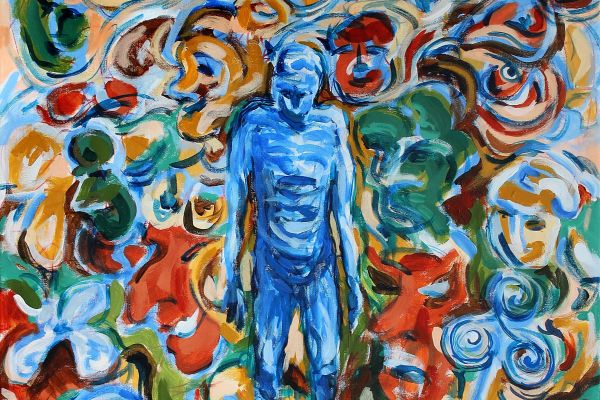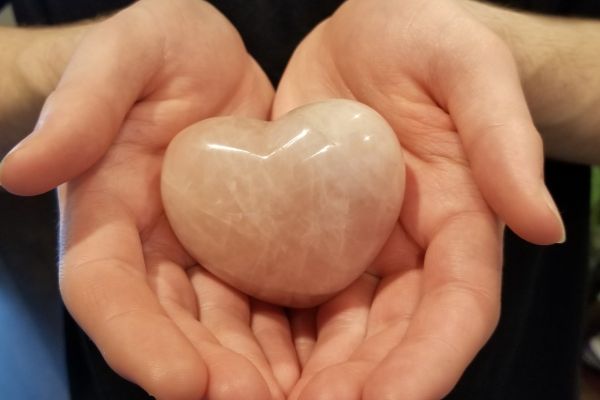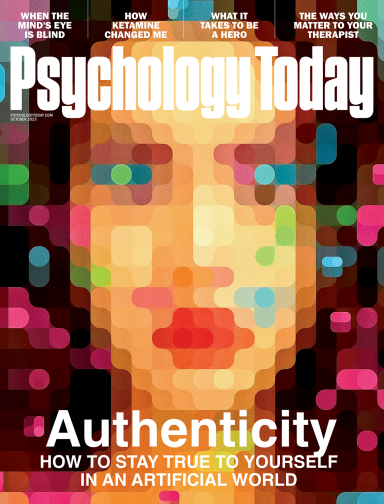Trust
What "Trusting the Universe" Really Means
It involves the willingness to stay in conversation with the universe.
Posted May 11, 2020 Reviewed by Ekua Hagan
Prior to moving from San Francisco to Taos, New Mexico in the 1990s, where I lived for several years, I’d been a freelance writer for magazines and newspapers for a decade. But as soon as I ensconced myself in the desert, work inexplicably dried up. Assignments drained away, editors stopped returning my query letters, my freelance career unraveled, and I ended up on food stamps.
However, throughout it all I also kept hearing a still small voice telling me that there was something afoot, something I wouldn’t understand for a while; that this was happening for a reason that reason couldn’t fathom.
In my head, and from a handful of friends, I kept hearing the refrain to “trust the universe,” a spiritual cliché that on one hand triggered my intellectual gag-reflex, but on the other hand has a noble lineage (let go and let God, trust the process, have faith, don't push the river, thy will be done).
Flash-forward 25 years. Since the pandemic began, I've been hearing that “trust the universe” refrain in my head once again. But what exactly does “trusting the universe” mean? And is it a skill you can build?
An interviewer once reportedly asked Albert Einstein, “Of all the questions you've posed into the mysteries of the universe, what do you think is the most important question to ask?” And Albert Einstein said: “Is the universe a friendly place or not?”
How you answer that question is going to impact how your life unfolds, how you respond to and interpret what happens to you, and how likely you are to allow yourself a trust-fall into the arms of the universe.
If you say you trust the universe, it would undoubtedly help, for starters, to clarify what aspect of the universe it is that you trust? Do you trust its benevolence, the feeling that you're somehow looked after? Or trust that it's filled with endless possibilities? Or is it your own resilience you trust, faith in your ability to choose how you're going to respond to whatever the universe hands you—which is probably the only kind of trust that everyone is capable of.
That is, not everyone can trust the universe's benevolence. The notion that the universe “has your back” is easier to accept when luck has favored you with a loving family, a good education, health, a regular income, and a favorable race and sexual orientation. But it's a much tougher sell for someone whose ration of luck involved being born into poverty, a war zone, a religion that features a punishing god, or who's living a paycheck away from homelessness, or in a refugee camp because their government declared war on their kind. One is likely to make you feel paranoia (the belief that the universe is conspiring against you) and the other pronoia (the belief that it's conspiring in your favor).
One thing I myself have come to trust about the universe is the repeating pattern of setbacks opening me up to breakthroughs. What initially feels like a failure often turns out to be an opportunity. And most of us have at least a few of these “falling up” experiences in our timeline.
The definition of trusting something is believing in its reliability, so there's a catch here: The universe is certainly reliable (sun comes up, sun goes down, gravity works, etc.). But the universe is also reliably unpredictable (chaos theory, Murphy's law, entropy, the famous shit that happens). So saying that you trust the universe means trusting it to be itself, which includes chaos and randomness, forces which clearly operate on affairs down here on the home planet, and in your own individual life.
This requires a skill I once heard someone describe as “heroism redefined for the modern age,” which is the ability to tolerate paradox. To hold two seemingly contrary ideas or impulses or beliefs inside you at the same time and still hang on to your cookies (for example, faith and fear, power and vulnerability, us and them, reliable and unreliable). And paradox requires that you bring opposites together to talk to one another.
So trusting the universe might ultimately be a matter of staying in conversation with it, of being in correspondence with it. And there are lots of ways of doing that: dialoguing with the dragons in your life, asking for dream guidance, journaling, meditation, listening to your body, honoring intuitions and synchronicities, spending time in nature.
One of my responses to the pandemic, for instance, and the financial anxiety it brought on, was to change my morning routine to include an act of trust rather than just an abstract notion of it: I began playing the piano for 15-20 minutes before heading into the office, to demonstrate to myself that I could “afford” the time to do that.
In fact, one of the diagnostics I now use to know that I'm “trusting the universe” is when I make counter-intuitive decisions: When I respond to fear with, say, surrender rather than striving, or choose passion instead of security, or allow things to happen rather than trying to make them happen (make money, make ends meet, make headway, make a difference).
It's also easier to trust the universe when you're doing your part. Not just being patient, faithful, and waiting for the universe to deliver, but being actively patient, as in “God helps those who help themselves,” “Trust in Allah but tie your camel,” and “Luck favors the prepared mind.” Besides, the origin of the word “wait” is to watch, so waiting isn't just idling, but being attentive—a critical conversational skill. In other words, the universe needs to trust you as much as you need to trust it.
If by friendly we mean favorably disposed toward us (the dictionary definition), then clearly the universe is friendly and disposed toward our general welfare. After all, it created us. Furthermore, since we're capable of love, kindness, and empathy—as are many other creatures—it could reasonably be claimed that the universe is also possessed of these qualities.
But it's one thing to say the universe has a heart, and another to feel it and believe it. To believe that even in your darkest hour, life is still and ultimately good, beautiful, and generous. That even when the bottom falls out, the universe still provides you with earth to land on, air to breathe, people to commiserate with, and a mind that can imagine better days. Belief that ultimately life supports growth.
Also, given that we're each a piece of the universe—it's not just outside of us—we might ask whether we're favorably disposed to our own selves? Do you trust yourself? Do you treat yourself with compassion or judgment? If your internal organs could speak, or that spiritual organ we call a soul, or the roughly 40 trillion individual bacterial beings inside us with whom we coevolved, would they say that you yourself—the universe in which they go about their business—are a friendly place or not? Would they trust your essential goodness and amicability, your support of and empathy for them?
Ultimately, trusting the universe is less a practical or even psychological enterprise than a spiritual one. It isn't necessarily about strategizing, creating affirmations, or behavior mod. It's more likely about sitting respectfully with things as they are, letting yourself feel what you feel without even needing to understand it, and a certain forbearance for mystery, not only in the universe but in your own life.
And since spiritual practice is, I believe, largely the work of creating a connection with whatever is greater than yourself (whether God, community, the natural world, or your own potential), these practices are also likely to aid your connection and conversation with “the universe,” and help you strike up a mutually friendly rapport.
For more information, visit my website.




